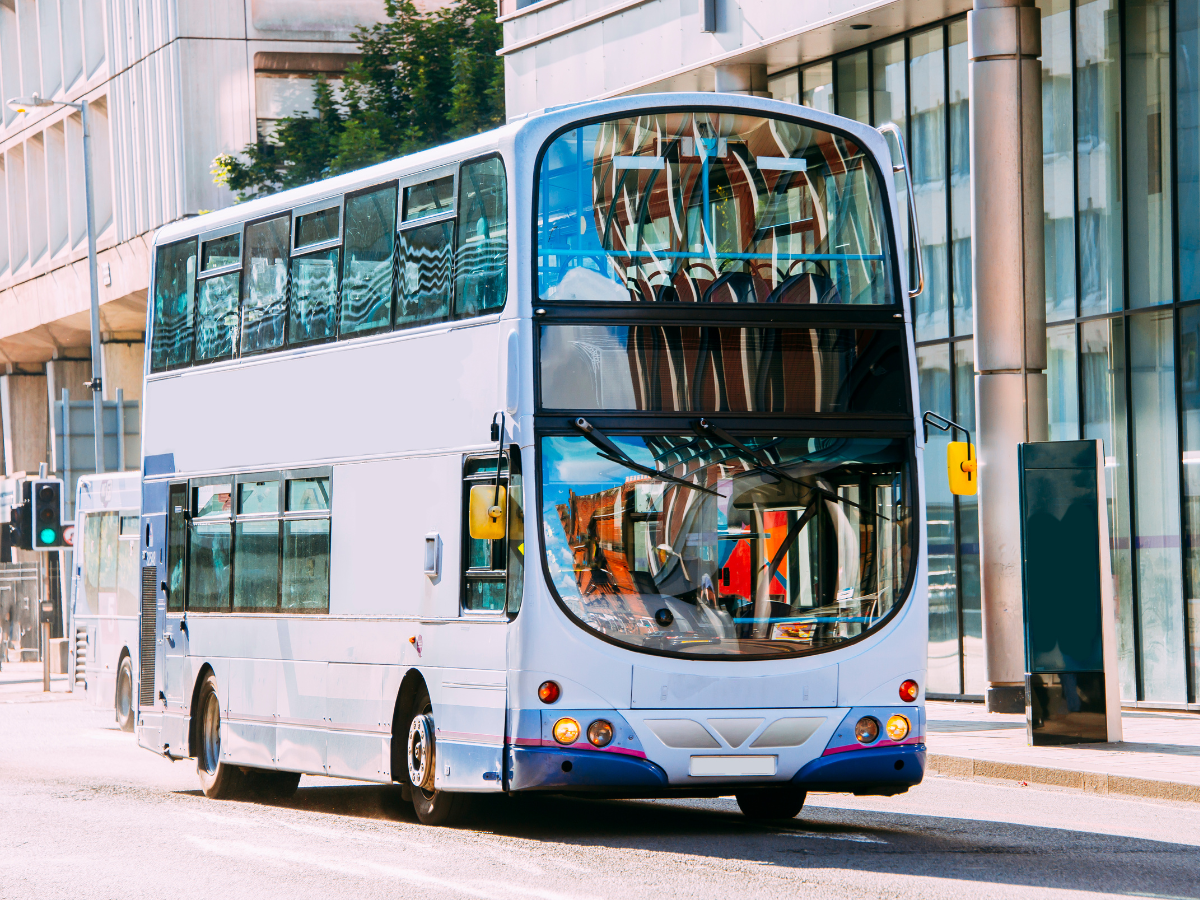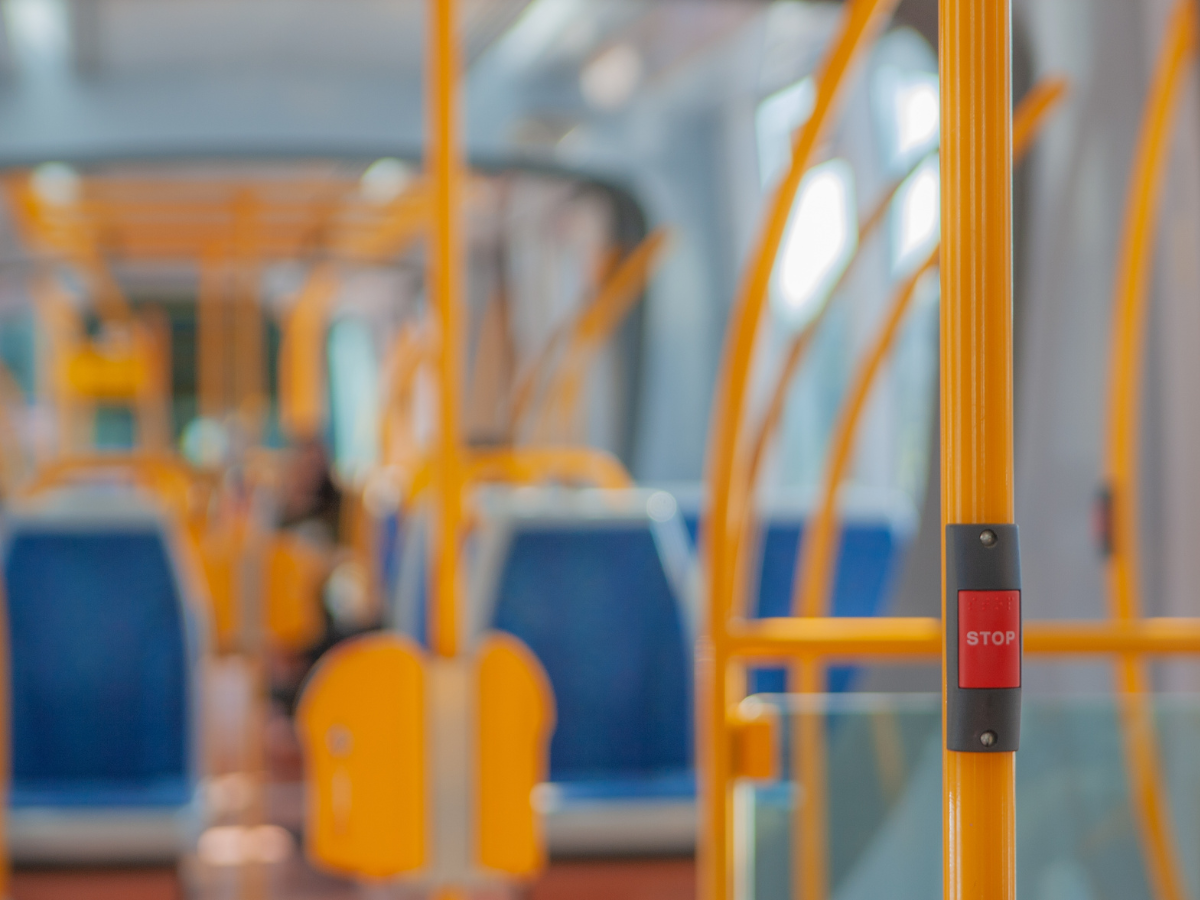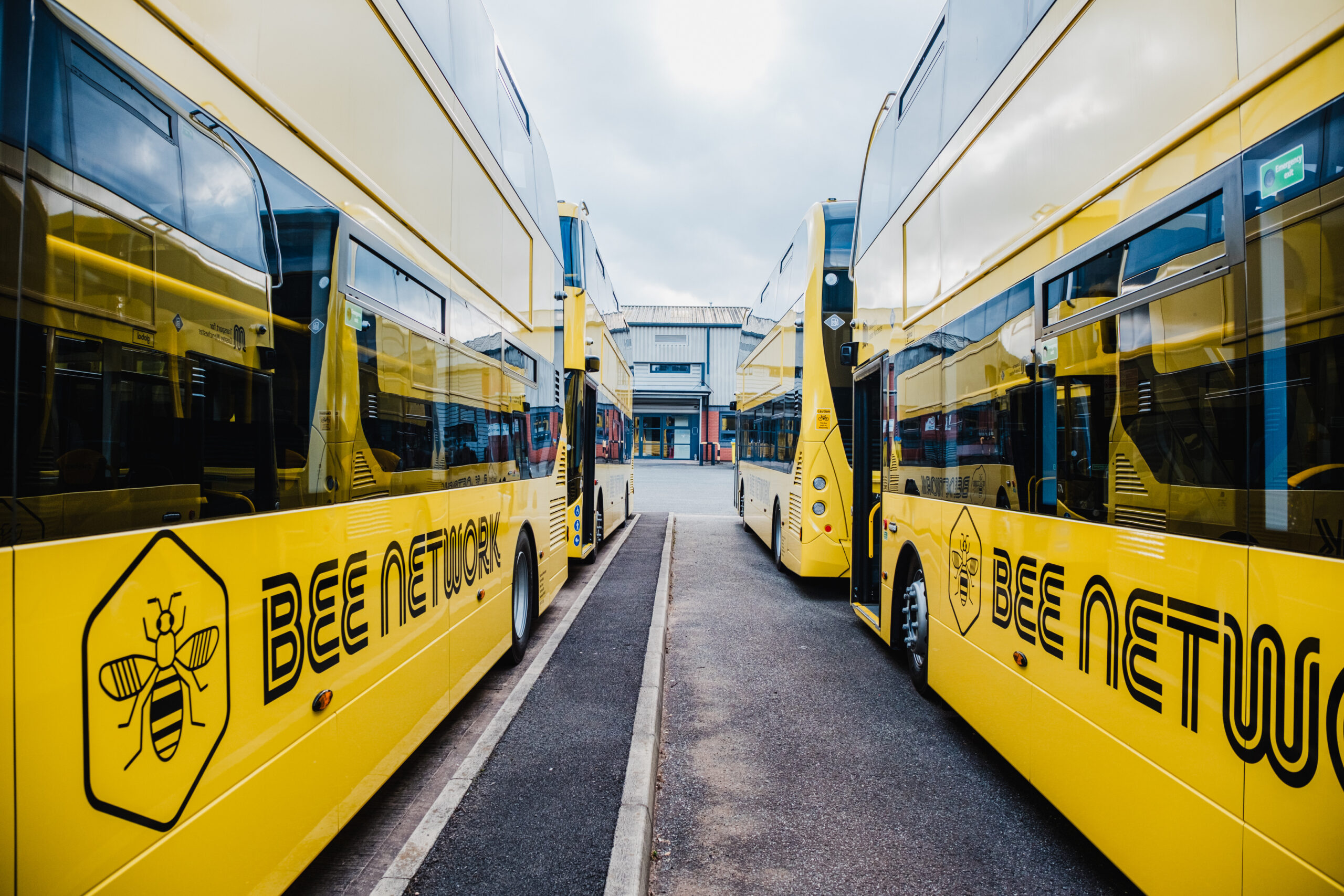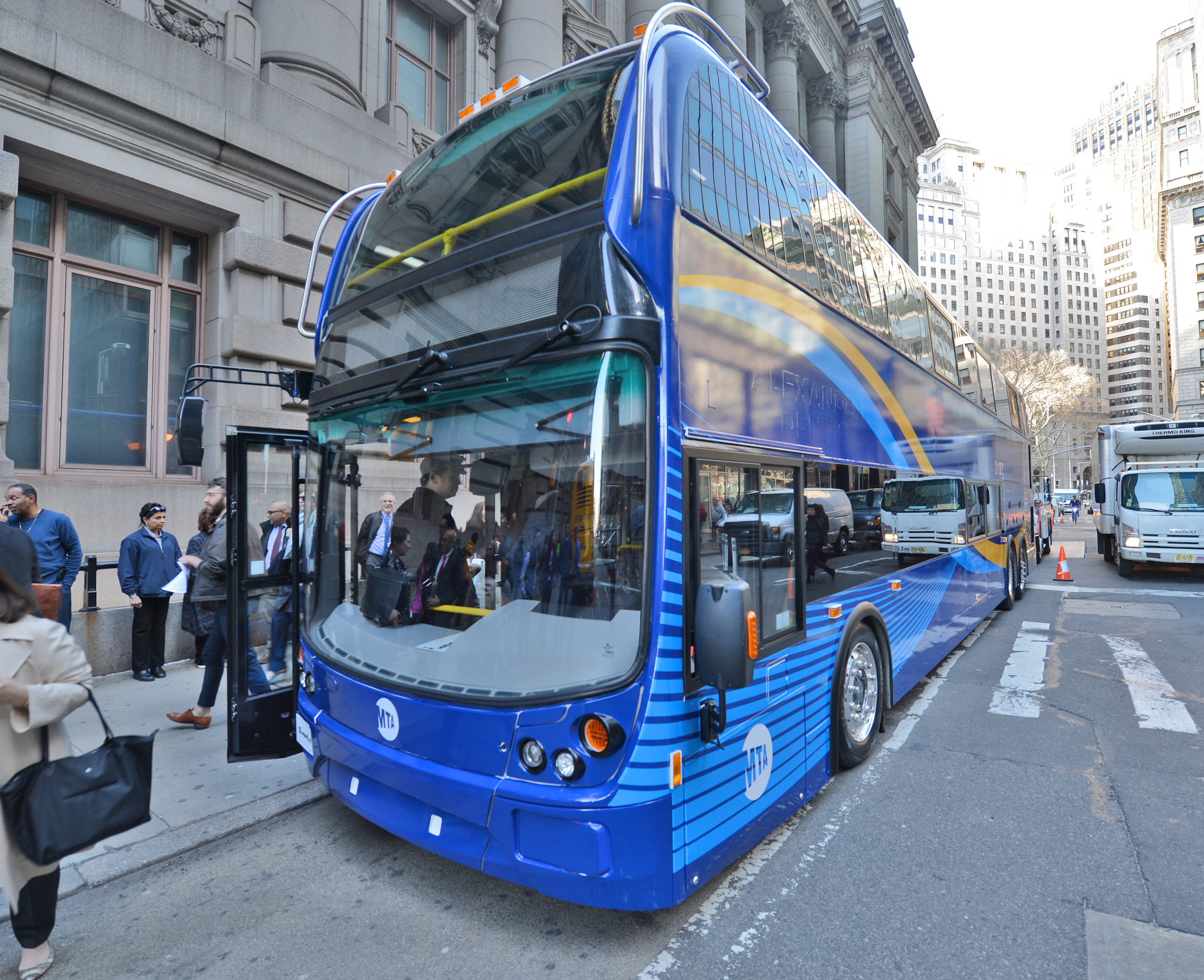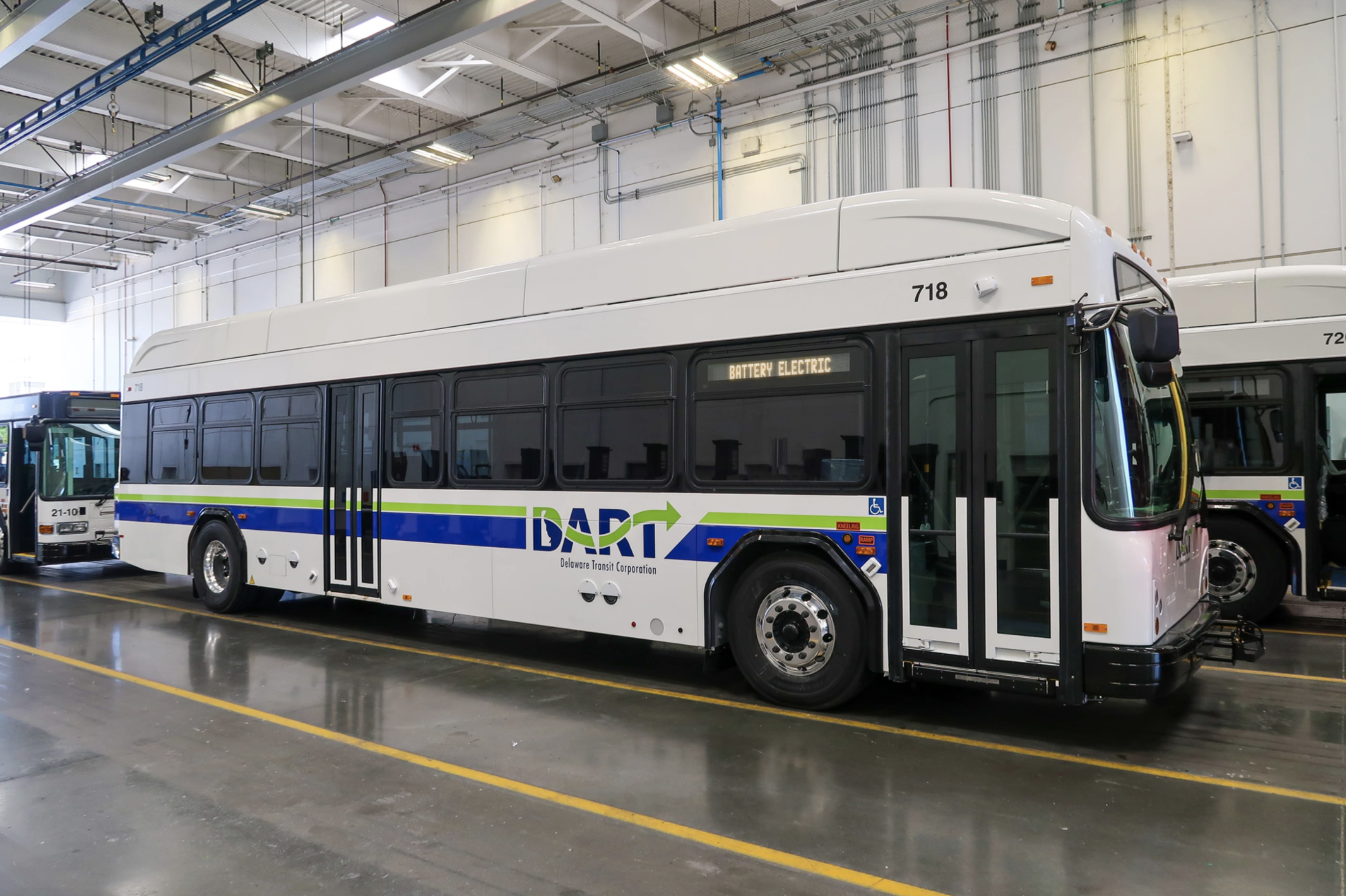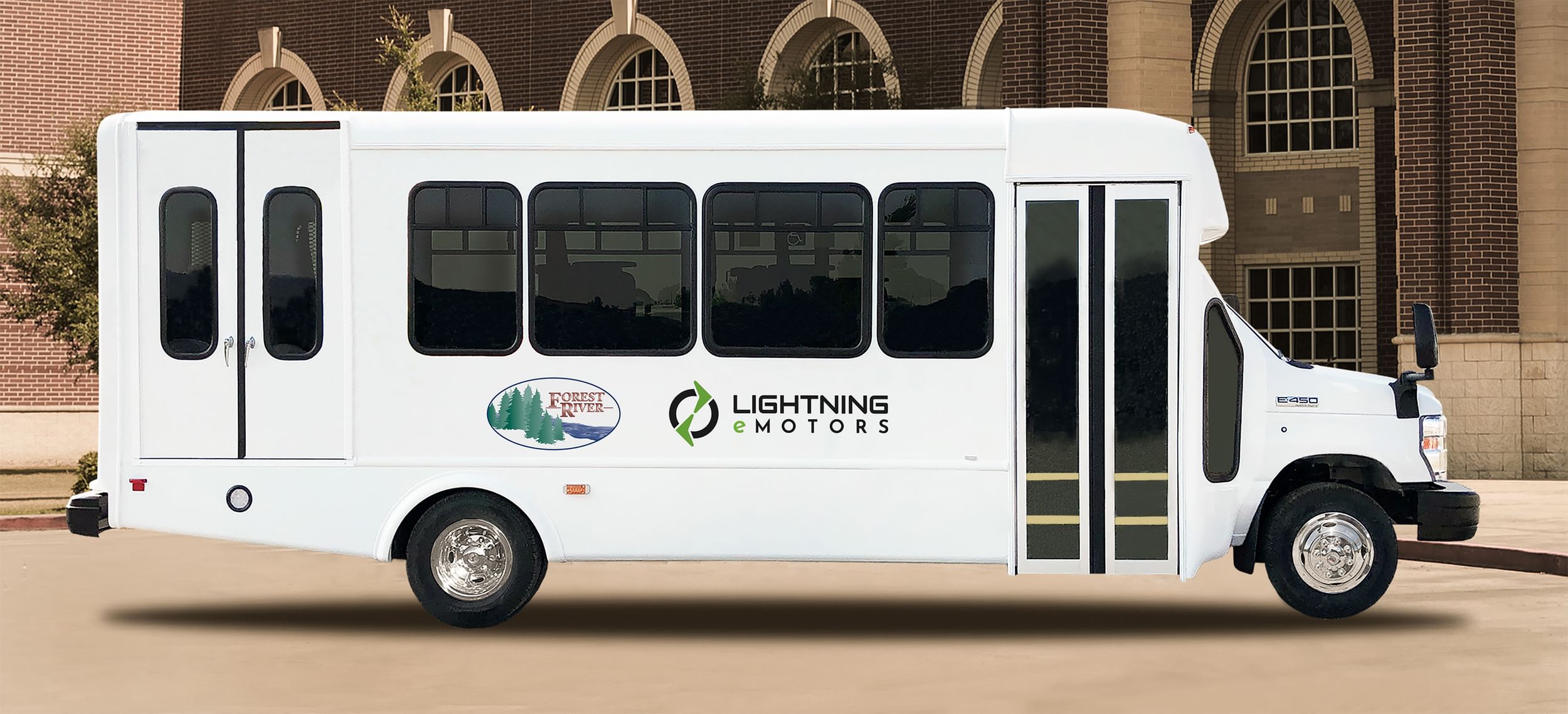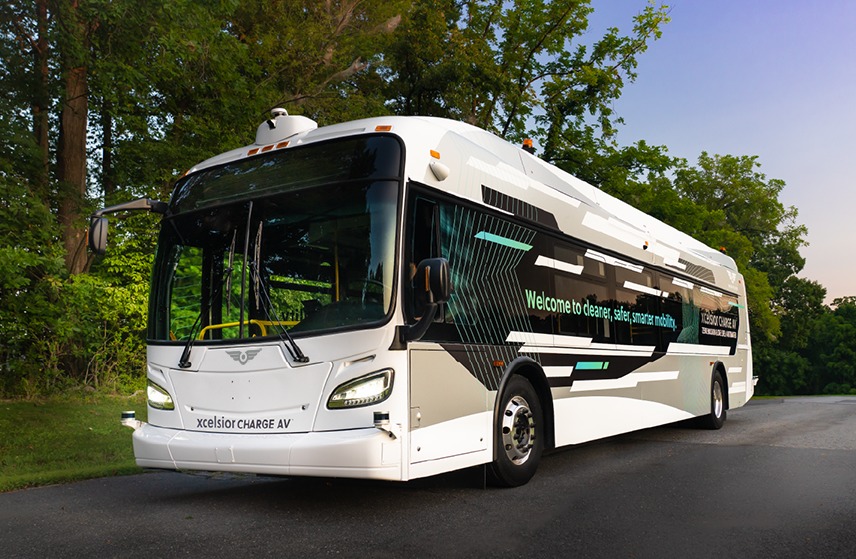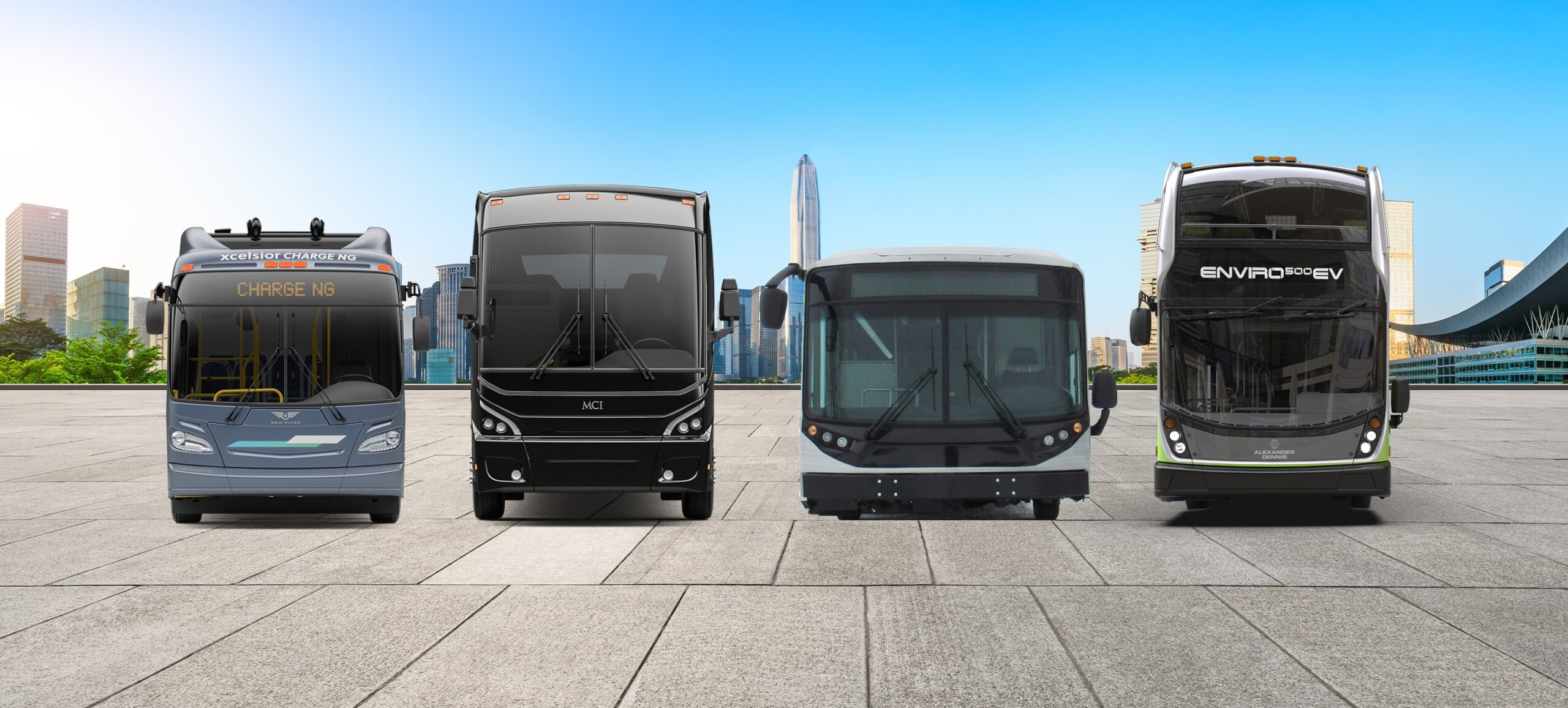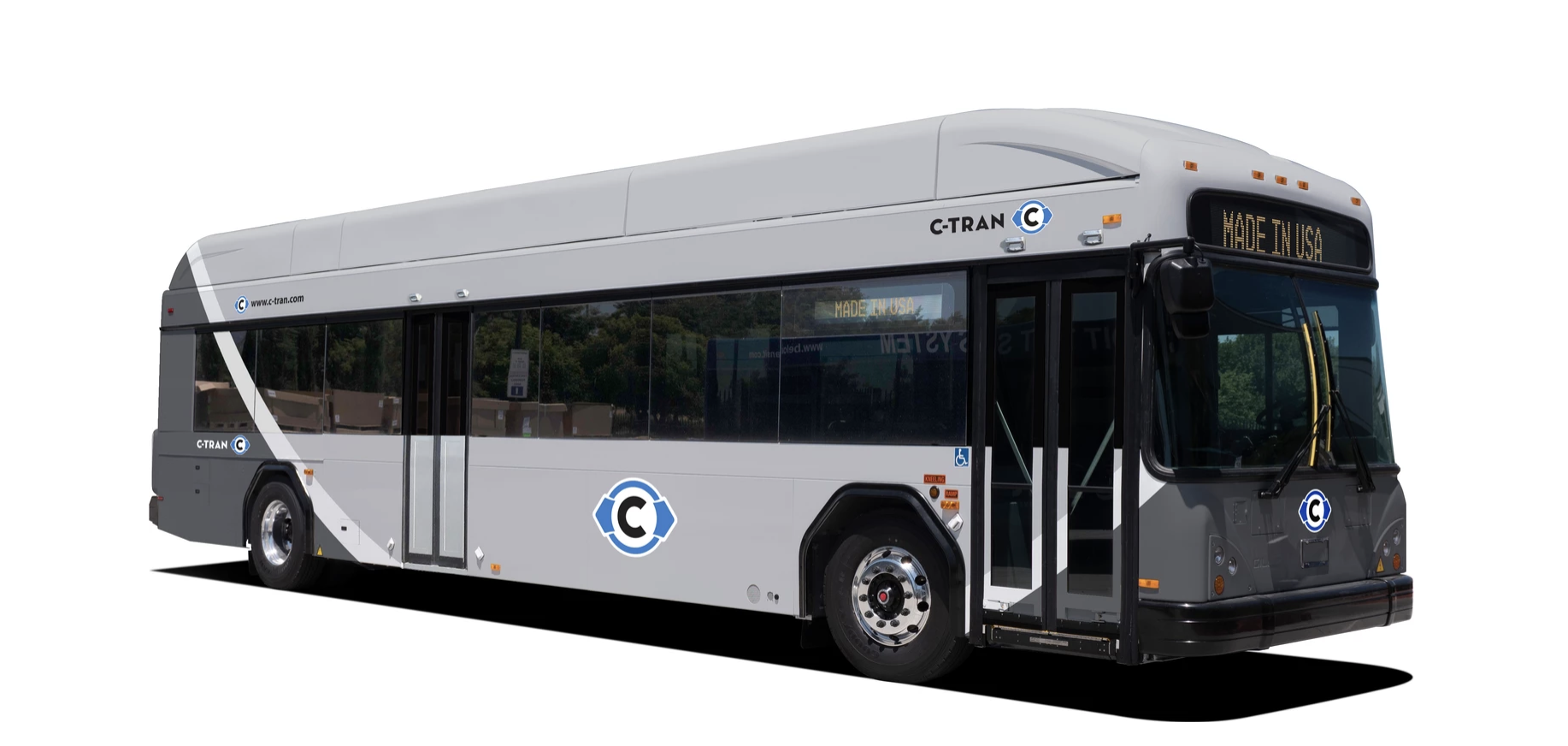Report Encourages Federal Fleet Transition To EVs By 2030
The Electrification Coalition and Atlas Public Policy released a report on August 18 that claims that electric-powered models could replace 97 percent of “conventional” diesel- and gasoline-powered buses and light-duty vehicles operated by the federal government by 2030 at a cost-savings to taxpayers – with up to 40 percent replaced with the same cost savings as soon as 2025.
In its study – “Federal Fleet Electrification Assessment” – Atlas calculated what it called the “true potential” of federal fleet electrification by analyzing electric vehicle or EV total cost of ownership – purchase price, fuel and maintenance – relative to that of conventional gasoline and diesel-fueled vehicles. The firm said its analysis finds that EVs are increasingly better for the bottom line over the next decade.
Nick Nigro, founder of Atlas Public Policy and one of the report’s authors, said:Because of falling sticker prices and high fuel-cost savings, EVs are rapidly becoming the economic choice for federal agencies. These fleets and the U.S. Postal Service will realize considerable savings and cut greenhouse gas emissions by switching to EVs this decade.
The analysis concludes that light-duty vehicles and buses in the federal fleet are a ripe opportunity for electrification, offering substantial cost savings. By 2025, Atlas added federal fleets – excluding the U.S. Postal Service – could replace up to 40 percent of their buses and light-duty vehicles with EVs at a lower total cost of ownership (TCO) than comparable vehicles with internal combustion engines (ICEs).
EVs could replace a further 56 percent of those vehicles at a TCO no greater than 14 percent higher than comparable ICE vehicles, Atlas noted in its report. The savings from the lower-TCO vehicles would offset the costs of the vehicles within 14 percent of TCO parity, allowing for 96 percent of vehicles to be electrified with no TCO penalty.
By 2030, EVs could replace 97 percent of the conventional buses and light-duty vehicles in the federal fleet – again, excluding the USPS –delivering cost savings high enough to offset the costs of electrifying the remaining 3 percent of vehicles, allowing all vehicles to be electrified while still resulting in substantial cost savings.
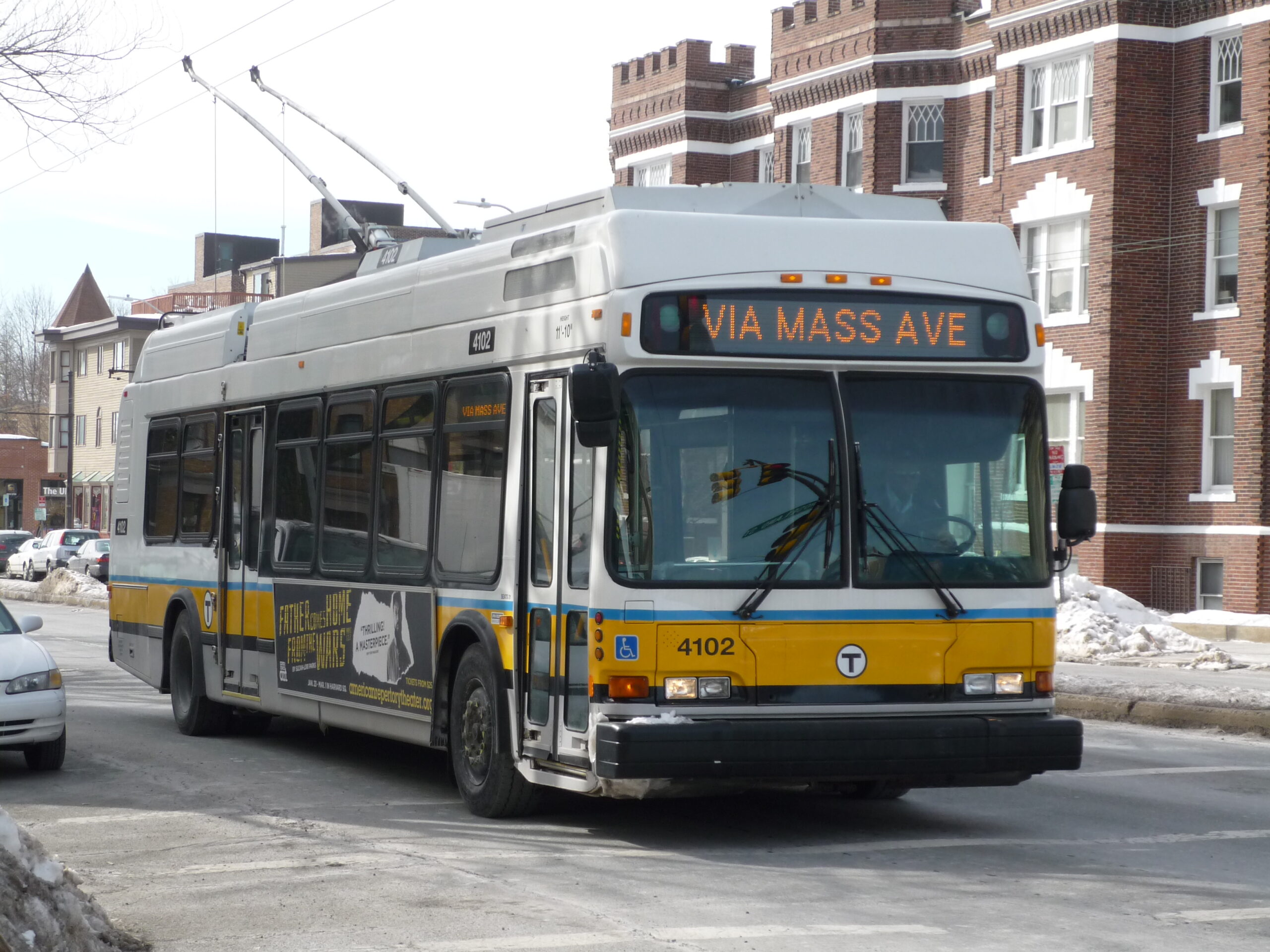
Atlas noted in its report that the federal government is the single-largest vehicle fleet operator in the country, with 315,000 light-duty vehicles and buses, not including the U.S. Postal Service.
USPS, with a light-duty fleet of 192,000 vehicles, offers an even more compelling case: By 2025, EVs will be less expensive than conventional vehicles for more than 99 percent of the USPS light-duty fleet, with the potential to save $2.9 billion.
By 2030, that figure increases to nearly 100 percent, with the switch saving $4.6 billion. USPS mail trucks – also known as Long Life Vehicles, or LLVs – alone would account $4.3 billion in savings if electrified by 2030, the report noted.
In terms of greenhouse gas or GHG emission reductions, electrifying the most “cost competitive” non-USPS federal fleet vehicles would result in 3.2 million metric tons of GHG emissions reductions over the life of the EVs.
By 2030, cost-competitive EVs would achieve 7.6 million metric tons of GHG emissions reductions. Replacement of USPS ICE vehicles with all cost-competitive EVs by 2025 would yield 12.8 million metric tons of emissions reductions, Atlas said in its report.
Ben Prochazka, executive director of the Electrification Coalition, said:The sheer scale of the federal fleet represents an enormous opportunity for progress on all these fronts. And because the federal fleet is such a heavyweight consumer in the vehicle market, electrifying the fleet would stimulate EV manufacturing and sales in the United States.
This article was originally published by The American Association of State Highway and Transportation Officials (AASHTO).









